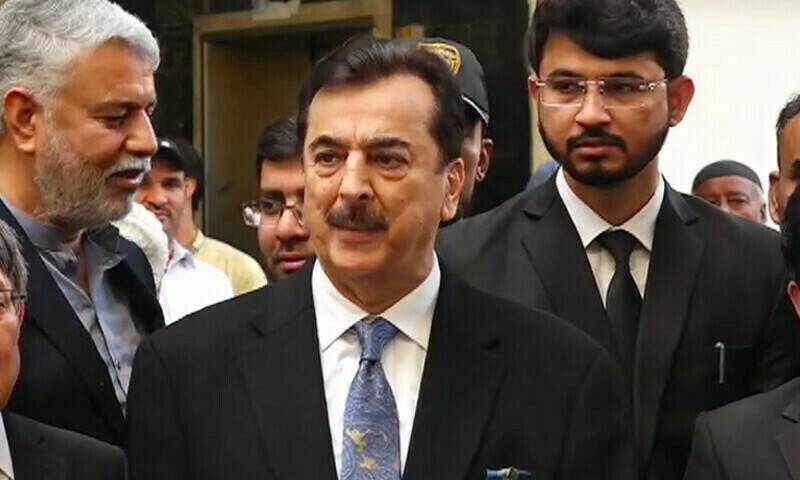The Federal Anti-Corruption Court in Karachi on Thursday acquitted Senate Chairman and former Prime Minister Yousuf Raza Gilani in nine additional cases linked to the Trade Development Authority of Pakistan (TDAP) mega corruption scandal.
Announcing its verdict, the court ordered Gilani’s acquittal alongside several co-accused. With this ruling, Gilani has now been cleared in a total of 12 cases, after earlier being acquitted in three. The Federal Investigation Agency (FIA) had registered 26 cases in the scandal, which surfaced in 2009 and saw formal charges filed in 2013. Gilani was named in the final charge sheet submitted in 2015.
The accused were alleged to have established fake companies to siphon off Rs 7 billion under the guise of freight subsidies.
Speaking to reporters outside the courtroom, Gilani reiterated that the charges against him were baseless. “Justice delayed is justice denied. These cases have dragged on for 12 years,” he said, pointing out that one of the current prosecutors was a student when the case began.
Responding to questions about President Asif Ali Zardari, Gilani dismissed rumors about the President’s health or potential replacement as mere speculation.
Addressing political developments in Punjab, he clarified that the Pakistan People’s Party’s Central Executive Committee (CEC) had decided not to join the government. “We are not part of the government, and I am not its spokesperson,” he stated.
Gilani also highlighted his political tenure, noting, “I am the longest-serving Prime Minister, elected unanimously, and later elected unopposed as Senate Chairman.”
His lawyer, Farooq H. Naek, said all 26 cases filed between 2013 and 2014 carried similar allegations. “Gilani was accused of indirectly receiving Rs 5 million through a man named Zubair. No witness has testified that he personally accepted any money,” he said.
Naek added that the FIA has appealed against Gilani’s acquittals in 14 other cases, which are currently pending in the High Court. “There’s no possibility of testimony in those cases, as witnesses repeatedly fail to appear despite the accused being present. The High Court must either expedite the appeals or return the case files to the Anti-Corruption Court,” he stated.
